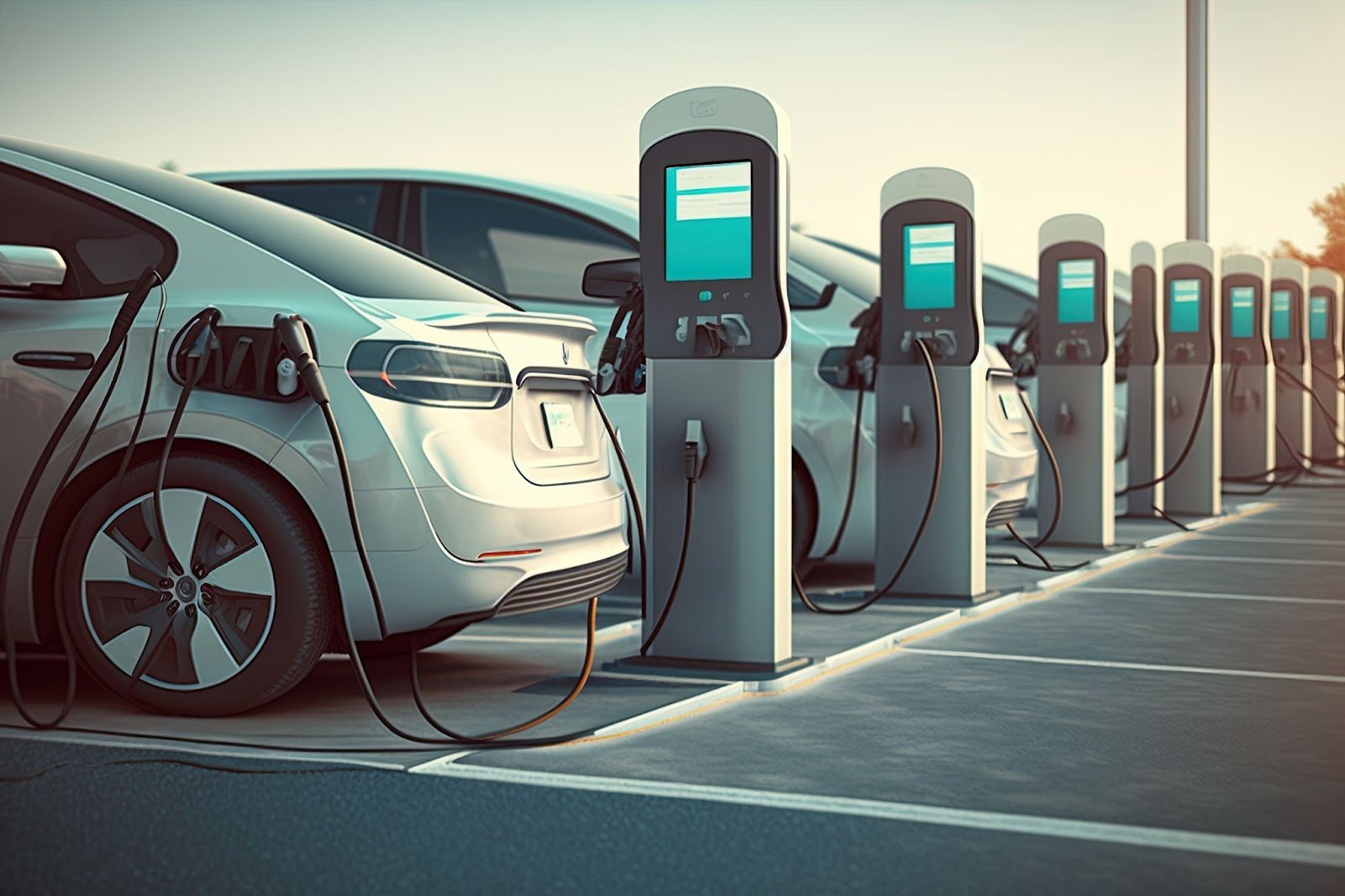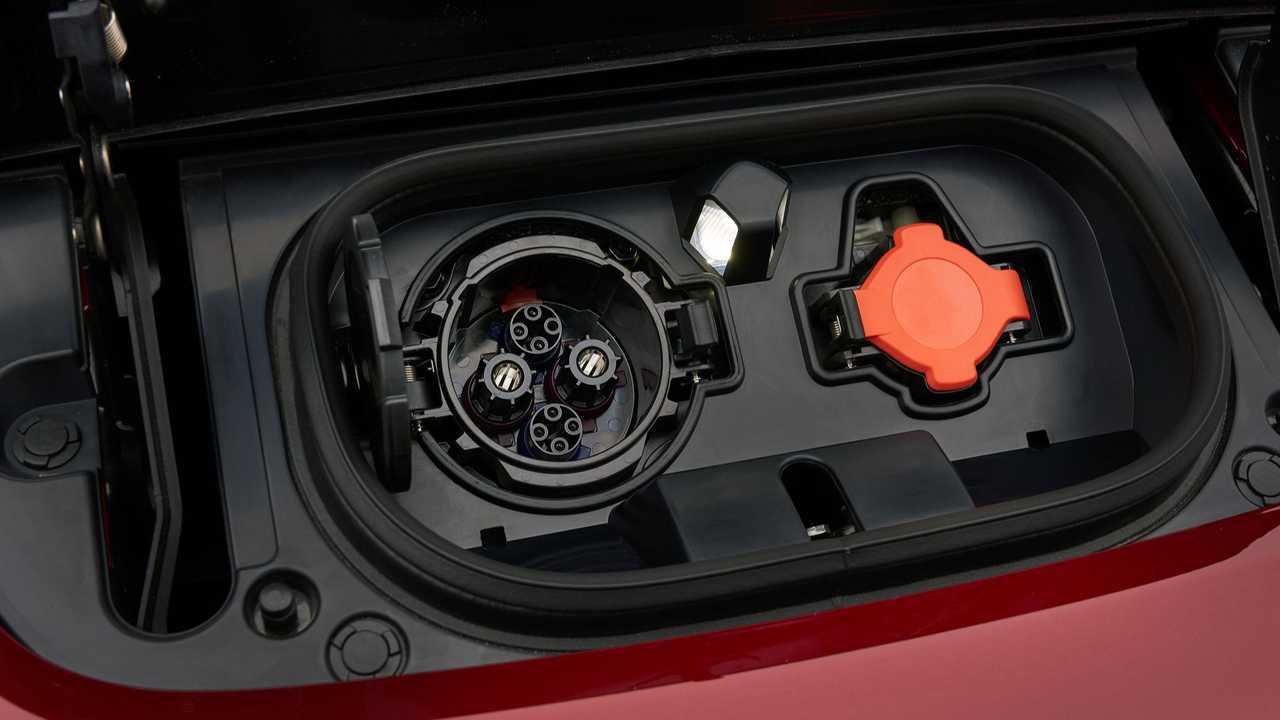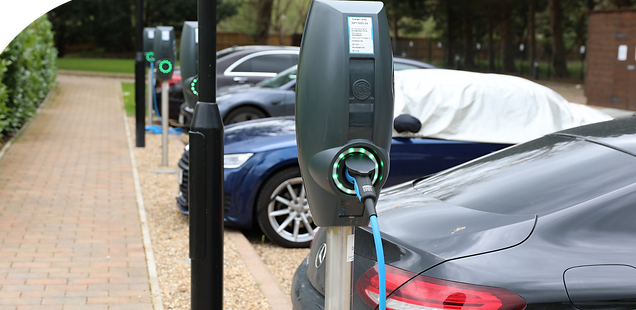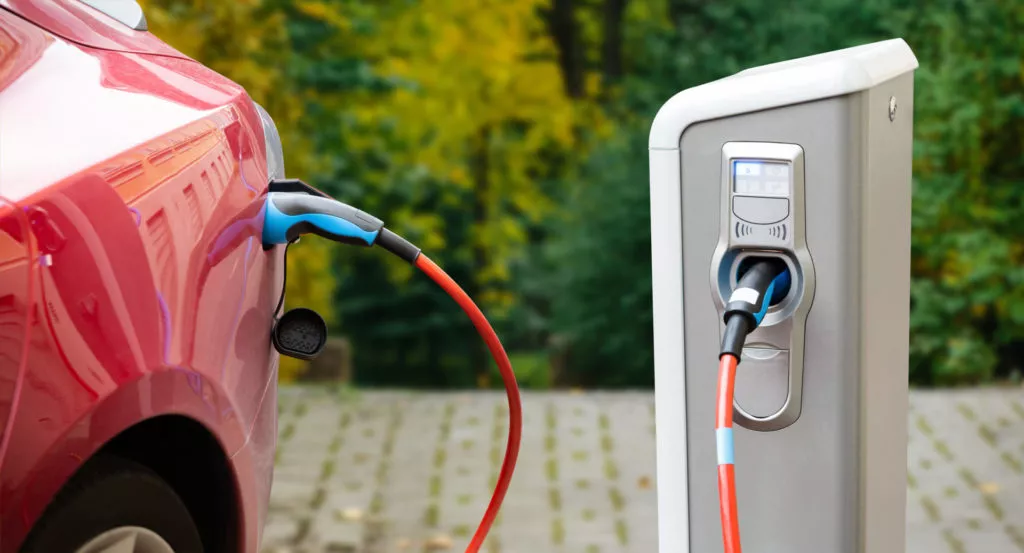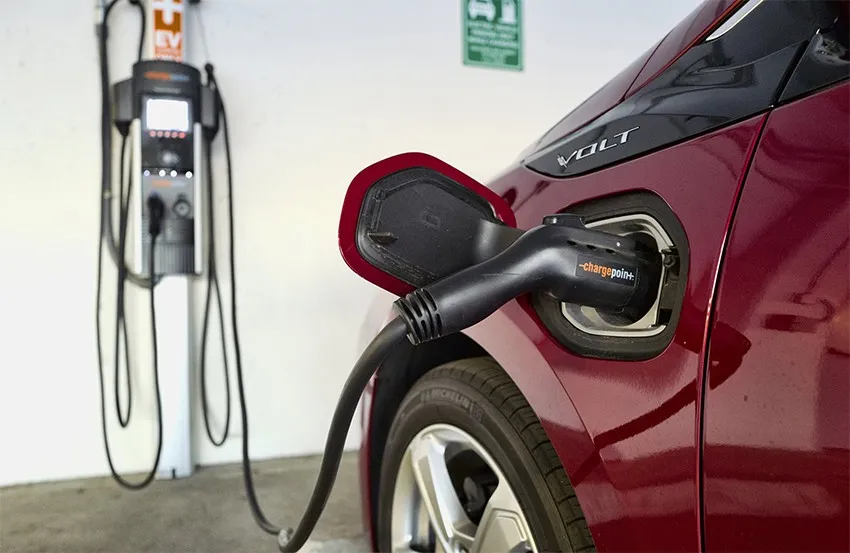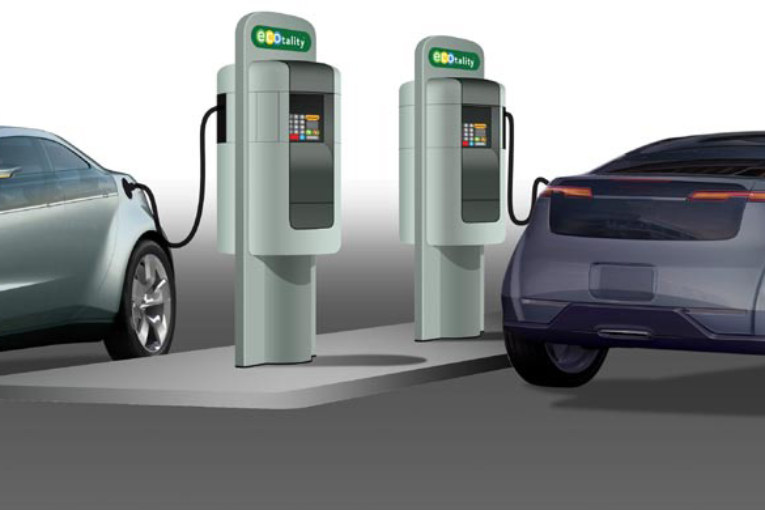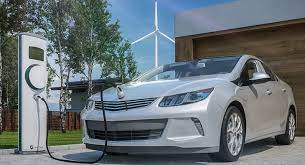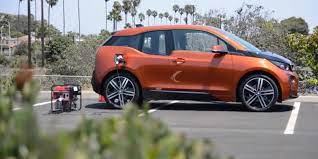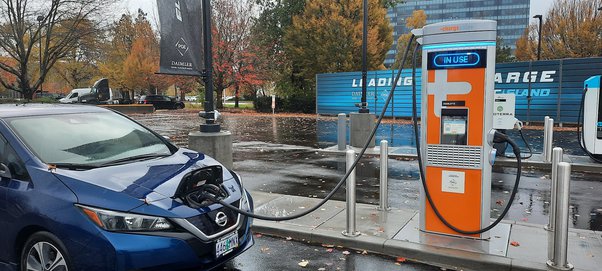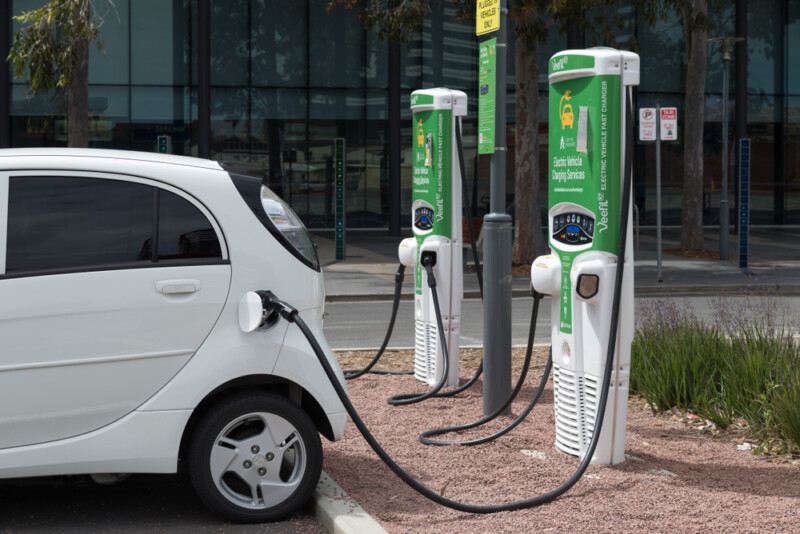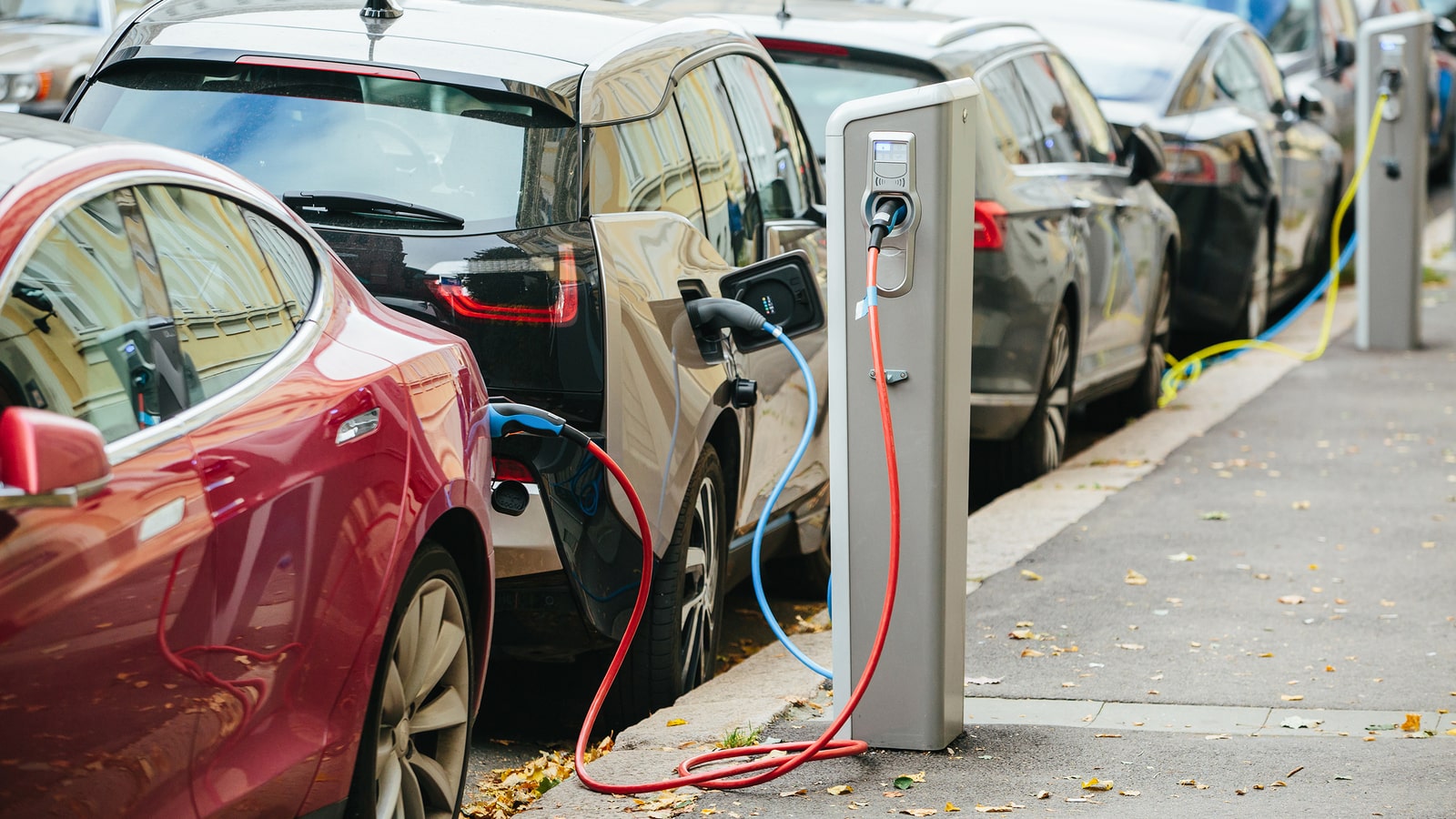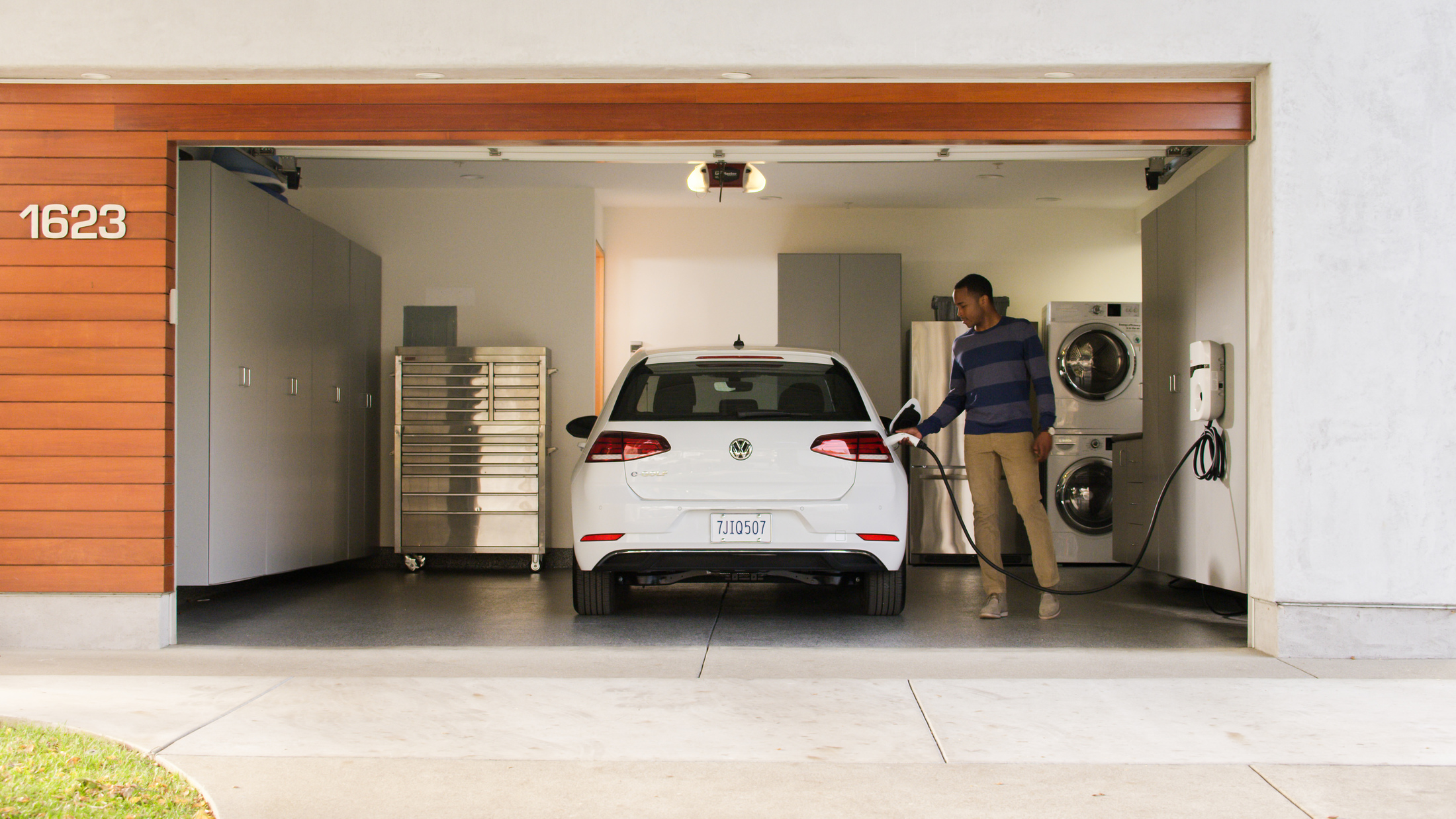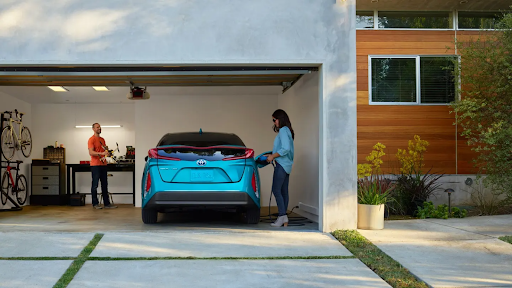In today’s rapidly advancing world of electric vehicles, the demand for convenient and efficient charging solutions is at an all-time high. One technology that stands out in meeting this demand is the “Wireless Electric Car Charger.” This groundbreaking innovation is reshaping the landscape of electric vehicle charging, providing users with a seamless and hassle-free experience. In this article, we will explore the ins and outs of Wireless Electric Car Chargers, how they work, their benefits, and their potential impact on the future of sustainable transportation.
Understanding Wireless Electric Car Charger Technology
Wireless Electric Car Chargers, often referred to as inductive charging systems, eliminate the need for cumbersome cables and plugs. These devices use electromagnetic fields to transfer energy between the charging station and the vehicle. This technology leverages resonant inductive coupling, allowing electric vehicles to charge simply by parking over a designated charging pad. The absence of physical connectors streamlines the charging process, making it more convenient for users.
The Advantages of Wireless Electric Car Chargers
- Convenience and Ease of UseOne of the primary advantages of Wireless Electric Car Chargers is the unparalleled convenience they offer. Users no longer need to fumble with charging cables or worry about plugging and unplugging their vehicles. Simply parking the electric car over the charging pad initiates the charging process, making it a hassle-free experience.
- Reduced Wear and TearTraditional charging methods involving cables can result in wear and tear over time. The constant plugging and unplugging of cables may lead to damaged connectors and reduced charging efficiency. With Wireless Electric Car Chargers, this concern becomes obsolete, as the contactless charging process eliminates the wear associated with physical connections.
- Enhanced SafetySafety is paramount in any technology, and Wireless Electric Car Chargers prioritize it. The absence of exposed wires reduces the risk of accidents and electrical hazards, making this technology a safer alternative for both users and the surrounding environment.
Read too: How to Become an Electric Car Mechanic and Shape the Automotive Revolution? Unleashing the Future
Exploring the Wireless Electric Car Charger Market
As the demand for electric vehicles continues to surge, the market for Wireless Electric Car Chargers is expanding rapidly. Major automotive manufacturers are integrating this technology into their electric vehicle models, further driving its adoption. Charging infrastructure providers are also investing in the deployment of wireless charging stations, creating a more accessible network for electric vehicle users.
Wireless Electric Car Charger Market Growth: A Statistical Overview
Recent market studies indicate a significant uptick in the adoption of Wireless Electric Car Chargers. The global market is expected to witness substantial growth in the coming years, with projections indicating a compound annual growth rate (CAGR) that underscores the technology’s increasing popularity.
The Future of Electric Vehicle Charging
Wireless Electric Car Charger: A Glimpse into Tomorrow
In contemplating the future of electric vehicle charging, it’s evident that Wireless Electric Car Chargers will play a pivotal role. As technology continues to evolve, we can anticipate enhancements such as increased charging efficiency, faster charging times, and the integration of smart features. These advancements will further solidify Wireless Electric Car Chargers as the go-to solution for electric vehicle owners worldwide.
Conclusion
In conclusion, the advent of Wireless Electric Car Chargers marks a significant milestone in the evolution of electric vehicle charging technology. Their convenience, safety, and potential for widespread adoption position them as a key player in the sustainable transportation landscape. As the automotive industry continues to embrace innovation, Wireless Electric Car Chargers are poised to become an integral part of our daily lives, propelling us toward a greener and more sustainable future.

